Everything is in flux:our body heat, the flowof blood circulating throughthe arteries, even the thoughts in our heads, and the soundsbouncing off objects all around-the fluctuating voice cordsand the atmospheric pressure, too.Everything changing. The musclescontracting, skin cells dying, nailsgrowing, hair follicles too. Creaturescoming and going, the air itself, andthe self itself, all moving. Possessionsdissolving:CarsMoneyClothingBooksComputersHometownsConversationsDrugsAffairsSatisfaction fleeting. George Cassidy […]
Buddha
Yashodhara: The Buddha’s Wife in Many Lives
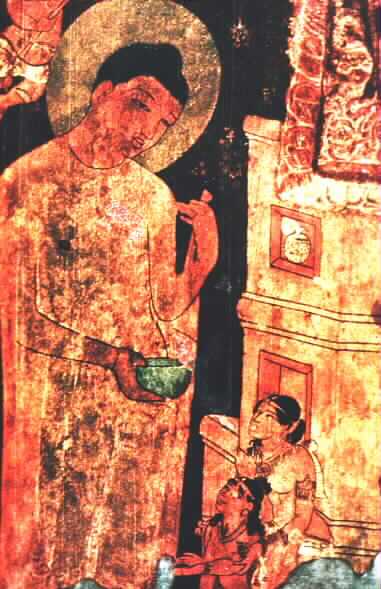
Buddha begging for food in front of his wife Yashodhara and his son Rahula. Cave 17, Ajanta. From personal.carthage.edu Yashodhara, which means “Bearer of Glory,” was the wife of Prince Siddhartha and the mother of their son, Rahula. She was born in the Sun Clan, to the daughter of King Suppabuddha and Amita. Amita was […]
Mahaprajapati Gautami: The First Buddhist Nun

Statue of Mahaprajapati Gautami at Upaya Zen Center, USA. From womeninbuddhismtour-india.blogspot.com Mahaprajapati Gautami was the aunt and foster mother of prince Siddhartha. She raised him after the death of her sister, the Buddha’s mother: Mayadevi. The meaning of the Sanskrit name Mahaprajapati is “The great patroness of all beings” and Gautami is the female equivalent […]
How Huayan Led Me to Pure Land
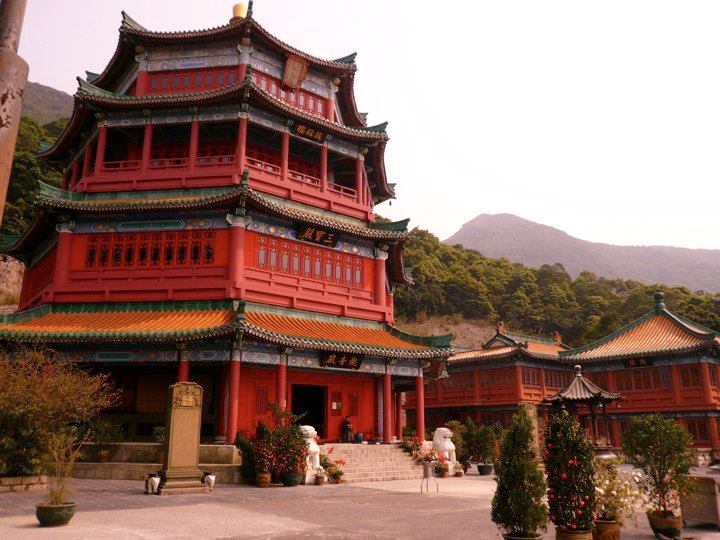
Guan Yin Temple. From Planet Lantau (see their temple photo gallery here) The first thing a visitor perceptive in Mahayana aesthetics notices at Guan Yin (or Kwun Yam, officially) Temple on Lantau Island, Hong Kong, is the pervasiveness of Huayan symbolism and imagery in the original hall, which was built in 1910, and the top […]
Integrating the Caravan Leader and Junzi in Buddhist Leadership
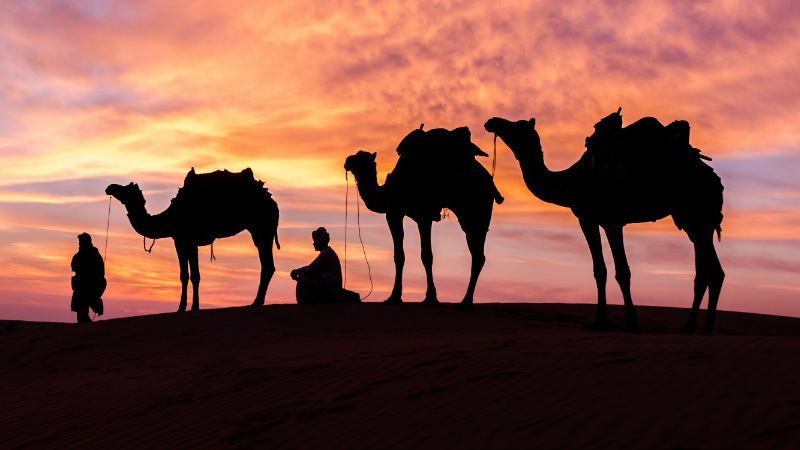
“Arise, victorious hero, caravan leader, Debtless one, and wander the world. Let the Blessed One teach the Dharma, There will be those who will understand.” I was discussing the subject of Buddhist leadership with one of our website contributors recently. I suggested that while the ten virtues of Buddhist governance articulate well what a leader […]
The Beauty of Buddhist Tradition: Celebrating Vesak with Hongkongers
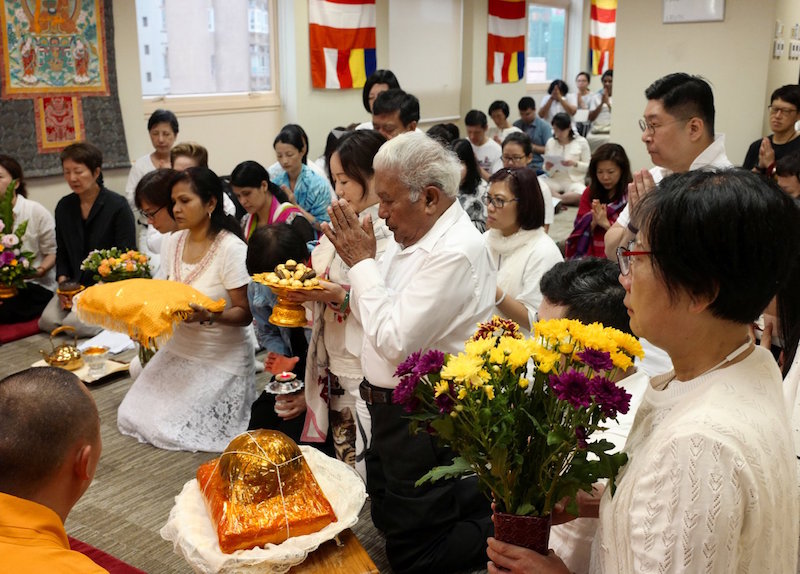
On 27 May, I was in the Buddha-Dharma Centre of Hong Kong (BDCHK), Hong Kong, to celebrate Vesak. It was the weekend, with lay Buddhists from diverse backgrounds: including local Hongkongers, Mainland Chinese, Bangladeshis, Sri Lankans, and Thais. Devotees who came to BDCHK on this special day were dressed in white clothing. Twelve Buddhist monks […]
Be a Bystander
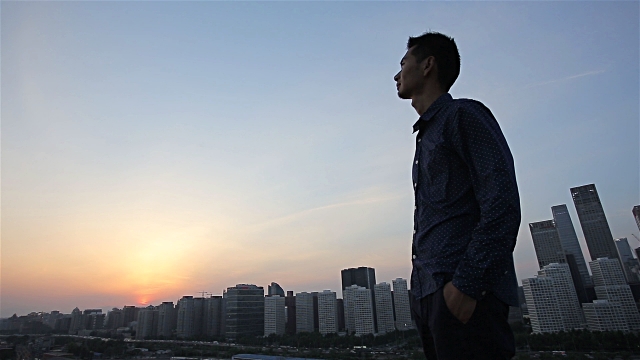
Master Jingzong; English translation by Foyuan, edited by Jingxing A proverb says, “[In a chess game], bystanders see the game better than the players.” The famous poet Su Shi also had this to say, “One cannot see the true shape of Mount Lu because one is in the mountain.” The [chess] player cannot see clearly […]
Offer the World a Share of Warmth

Master Jingzong; English translation by Foyuan, edited by Jingxing We humans have weak and inconstant hearts. Though we possess the most wonderful Dharma teaching, we are still unhappy and insist upon burdening our hearts with anguish. So, I repeated recently that we have to work hard at putting our hearts into recitation, as well as […]
How to Recognise the Buddha
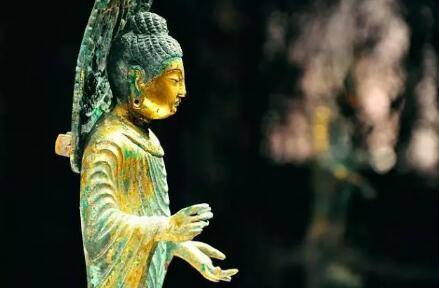
Master Jingzong; English translation by Foyuan, edited by Fojin Seeds cannot sprout in a low temperature even though they are of high quality. Once the temperature rises, the seeds sprout naturally. In the cold winter of the Three Domains, the seed of our Buddha-nature simply cannot germinate. However, once we are reborn in the Pure […]
Science and Religion
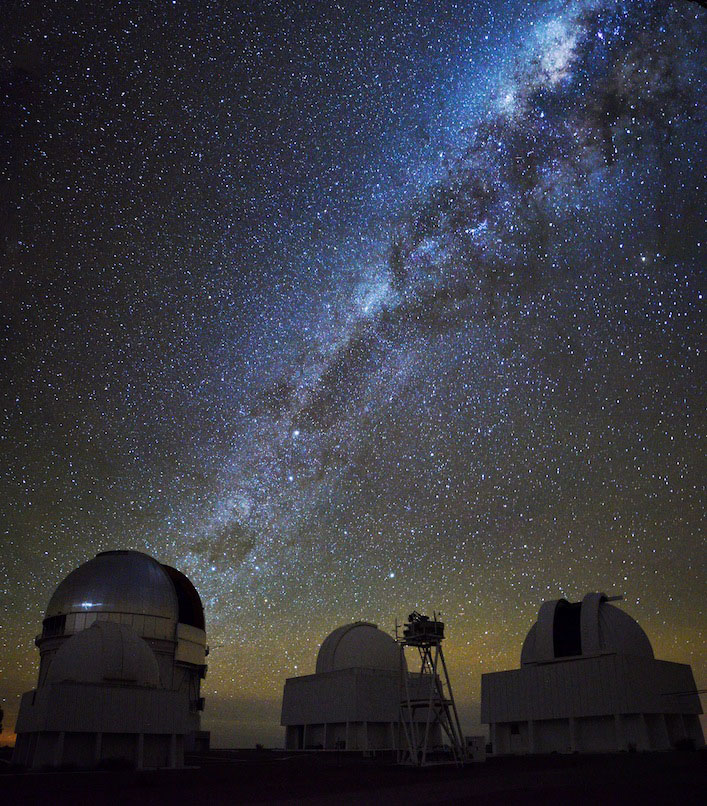
Master Jingzong; English translation by Chia Chang Wang, edited by Jingtu “Religion” here refers specifically to faiths that embrace a single creator-god. Science and religion are like day and night. Science resembles the day; it wants to reveal things clearly. Religion is like the night, intending to enshroud everything. Don’t criticize religions as “superstitious,” or […]

